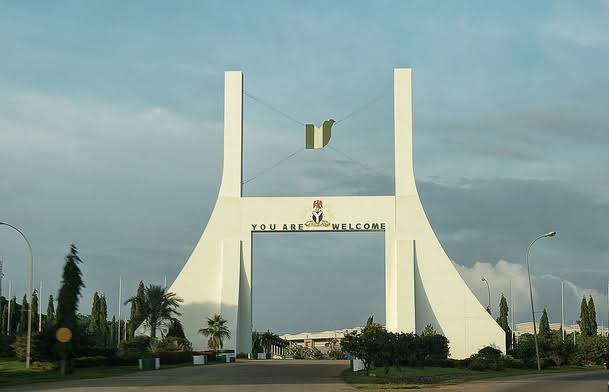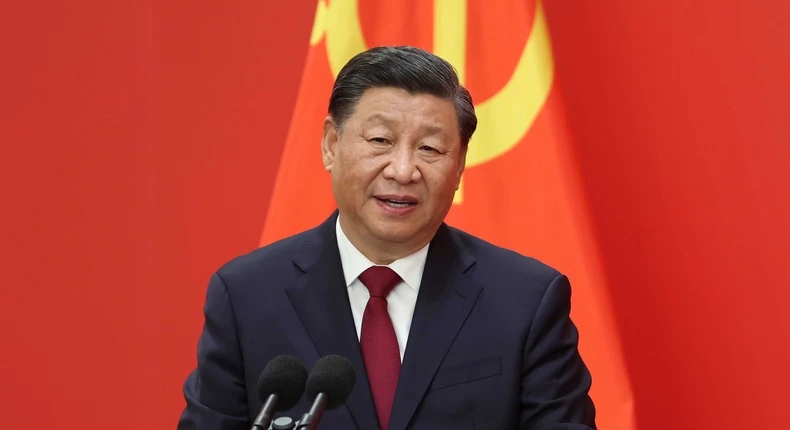Stakeholders in the telecommunications industry have stated that the Federal Government’s plan to build 90,000 kilometers of fiber optic cables across the country will face numerous challenges, particularly from state governments, who could jeopardize the project.
They argue that until the existing issue of Right of Way charges, multiple taxation, and levies, which are controlled by state governments, is addressed, the project, which will be carried through a Special Purpose Vehicle (SPV), will be futile.
This was disclosed by the stakeholders during the Sixth Edition of the Policy Implementation Assisted Forum (PIAFO) in Lagos on Wednesday, according to Nairametric.
The stakeholders used the unsuccessful InfraCo project launched by the Nigerian Communications Commission (NCC) a few years ago as an example of how the new effort could fail.
In his presentation “Harmonizing Nigeria’s Fibre Deployment Strategies for Effective Implementation,’ Executive Director of Broadbased Communications, Mr. Chidi Ibisi remarked that while the government’s SPV program is an excellent idea that might assist the country bridge its present digital infrastructure deficit, the government must solve current difficulties.
“The issues of high cost of Right of Way (RoW), destruction of fiber by road construction companies and vandals all need to be addressed for this new SPV initiative to be successful,” he said.
In his address, the Group Chief Operating Officer of WTES Projects Limited, Mr. Chidi Ajuzie
Highlighted some of the problems that telecom operators confront when they deploy infrastructure.
According to Ajuzie, the most significant impediment to fibre cable laying in Nigeria is the informal ROW by hoodlums in states.
He said “For states, a formal right of way is set and some states are adopting it but the informal side of the right of way is where the complexity has come today.
“If I’m trying to lay fibre in some communities here in Lagos, the first thing that happens is the so-called land owners (omo onile) come out and a different set of people will keep coming from one street to another and they charge you. How do we achieve adequate broadband infrastructure in this kind of situation?”
Meanwhile, the Chairman of the Association of Licensed Telecommunications Operators of Nigeria Engr. Gbenga Adebayo underlined that for the 90,000-kilometer fiber project to work, state governments must take ownership.
“For the project to succeed, I think the governments at sub-nationals should take ownership. This issue of state governments seeing right of way as IGR should be a thing of the past. We can’t talk about the digital economy on one side and the government is seeing those who provide the services as sources of revenue.
“The government has always come up with good policies, but the implantation, particularly when they are tested far afield is the biggest problem. Governors will go to Abuja and say ‘In my state, I will give right of way free of charge.
“When you go to such a state, they may give you right of way for zero or one Naira, but they will give you developmental levy, education levy, state impact levy, ecosystem levy. When you add all of these together, it is more than the right-of -way charges. So, who is playing who?” he said.
Earlier, in his opening remark, the convener of PIAFo, Mr. Omobayo Azeez pointed out that the conference aims to provide a midpoint dialogue platform for digital economy stakeholders from both the public and private sectors to brainstorm, exchange perspectives, clear grey areas, harmonize ideas, and foster a sense of collective responsibility for accelerating our collective prosperity through technological efficiency.
The Federal Government recently established a Special Purpose Vehicle (SPV) to deliver an additional 90,000 kilometers of fiber optic cable to supplement existing infrastructure for universal internet access throughout Nigeria.










